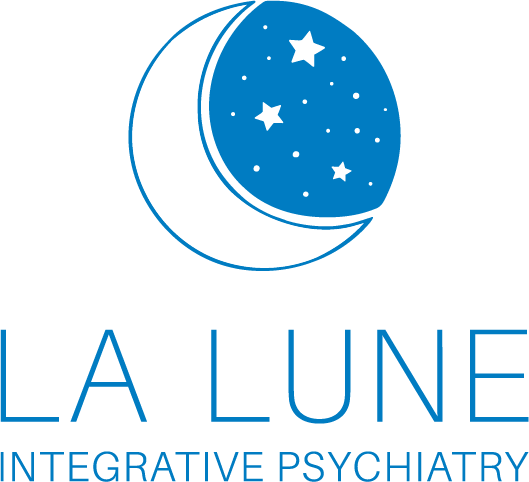
[Webinar] Introduction to Psychotropic Medications for Therapists
We're excited to invite you to an informative webinar on psychotropic medications hosted by Elita Wong, PMHNP-BC and founder of La Lune Integrative Psychiatry.
This webinar is designed for licensed therapists to gain a basic understanding of common medications prescribed in psychiatry and what to expect. We frequently partner with therapists to provide highly individualized treatment plans to address the whole person, and find their role imperative to our patient's well-being. Medication is just one part of the treatment plan, but for some patients it can be key to fully engaging in the therapy process.
Date: Tuesday May 6, 2025
Time: 12pm PST
Place: Online (link to be sent via email)
Can’t attend live? Register anyway to receive 14-day access to the replay.
What you'll learn:
Recognizing when medication can be helpful in the therapy process, and a discussion about the stigma that can also come with it.
Genetics, biochemistry, and the environment all impact how we feel and behave. What does a holistic approach to care look like? How genetic testing, bloodwork, and a thorough health screening impacts recommendations for treatment.
Common medications used in psychiatry to treat depression, anxiety, insomnia, ADHD, and other conditions: Risks and benefits of treatment, and what to expect.
Practical approaches to support patients taking medication, and when to notify their provider.
Polypharmacy or individualized care and risk reduction? When it is not just one medication.
About the speaker:
Elita Wong, PMHNP-BC is the founder of La Lune Integrative Psychiatry and a graduate of UC Berkeley’s School of Public Health. She has completed additional post-graduate training at the Integrative Psychiatry Institute and Sloan Kettering Cancer Hospital in New York City.
Disclaimer: This information is solely an introduction to the indications of certain medications and how psychiatric prescribers conduct a psychiatric interview. This is not a replacement for formal training, psychopharmacology coursework or clinical experience. This information also does not give authority or sufficient competency for someone to recommend medications to patients. Each prescriber will have their own opinions about what is best for treatment, based on their experience and assessment. The content of this presentation is the opinion of the presenter. A comprehensive psychiatric assessment on individual patients would have to be conducted by the provider for a professional recommendation for treatment.


